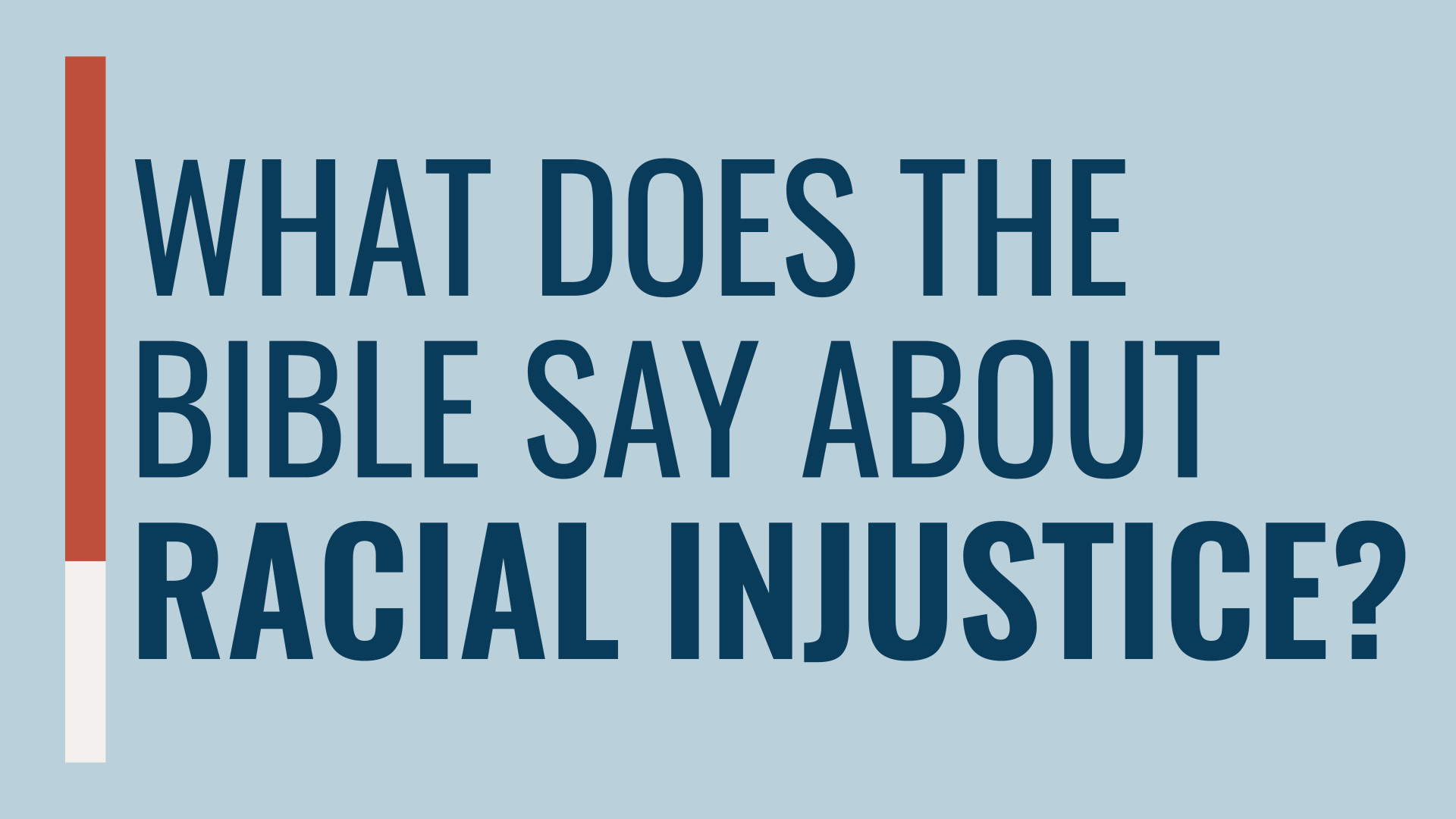Racism is a major topic in this election cycle. Racism is a sin that has existed throughout human history, and, like all sin, is one that we as believers should be actively trying to eradicate.
We’ve discussed the sin of racism more in-depth elsewhere, but here is a brief overview of biblical principles that we can use to examine ourselves and evaluate political candidates.
- All people bear the image of God. Regardless of race, ethnicity, nationality, or any man-made category, God created all people in His image (Genesis 1:27). We are all wonderfully made (Psalm 139:14). God makes no distinction between His people (Colossians 3:11; Romans 10:12), and neither should we.
- Racism is a sin. It is the sin of partiality. Showing preference or favoritism based on appearance, socioeconomic status, or any other prejudicial judgment is sinful (James 2:1-9). We all have equal worth in God’s eyes (Romans 2:11; Acts 10:34), and all believers are one in Christ (Galatians 3:28).
- We should defend and help those who are hurting. As believers, we are all members of one body (Romans 12:5), and what happens to one member affects all of us (1 Corinthians 12:12-27). When someone has been hurt by racism, we should mourn with them (Romans 12:15), meet their needs (1 John 3:16-18), and advocate for their rights (Proverbs 31:8-9). We should be known by how we love each other (John 13:34-35); if we do not love each other, then how can we say that we love God (1 John 4:20-21)?
- We should seek to understand. It is wise to listen to (Proverbs 18:13) and understand each other before forming an opinion (Proverbs 18:2). God’s Word says we should be quick to listen, but slow to become angry (James 1:19-20). We should actively work to avoid jumping to conclusions based on limited information from just one source (Proverbs 18:17). Don’t have “itching ears” that only hear what you want to hear (2 Timothy 4:3-4).
- We should examine our own hearts. No one is fully without sin (1 John 1:8), and you may have faults that are hidden even to yourself (Psalm 19:12; Jeremiah 17:9). We should regularly pray for God’s help in searching our hearts (Psalm 139:23-24) and examining our ways (Lamentations 3:40) so that we can repent of sinful attitudes and behaviors (Acts 17:30). It can help to openly discuss our perceptions, biases, and past sins with other trusted believers in community. We are not yet perfect (Philippians 3:12), but we should continually strive to become more Christlike (Romans 8:29; Colossians 1:28-29).
- We should reconcile with each other. When we have sinned against someone, we should confess (Proverbs 28:13; James 5:16), repent (2 Chronicles 7:14; Romans 2:4), and seek to reconcile with them (Matthew 5:23-24). If someone has sinned against us and they ask for forgiveness, we should forgive them as Christ has forgiven us (Matthew 6:14-15 and 18:21-35; Colossians 3:13; Ephesians 4:31-32). God has given us the ministry of reconciliation (2 Corinthians 5:18-20), and we should strive to live at peace with each other (Romans 12:18).
- God and government are responsible for justice. God’s role for government includes punishing those who do evil and praising those who do good (1 Peter 2:13-14; Romans 13:1-4). Since we elect our government leaders, it is important to vote for candidates who take that responsibility seriously, enforce laws fairly, and want to right the wrongs of injustice. Ultimately, we can trust that God will judge everyone rightly (2 Corinthians 5:10; Romans 2:6). Our role is to act justly in our own lives (Micah 6:8), oppose the oppression of others (Isaiah 1:17), and overcome evil with good (Romans 12:19-21; 1 Peter 3:9; 1 Thessalonians 5:15).
Racism, like all sin, will not be fully eliminated from the world until Jesus returns. However, we should still actively work to eradicate racism from our own lives and communities. Do not give up, and do not grow weary of doing good to everyone (Galatians 6:9-10).
